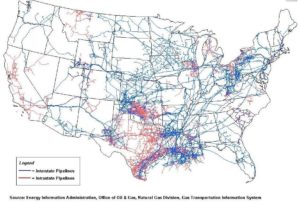West Virginia is Under Threat of Rockwool, Thanks to the Pipeline.
Mountaineer Gas Pipeline Extension Facts/Impacts
- Will be a 10-inch pipe with 475psi or less pressure. This means in the event of an explosion, the blast zone would have a diameter of 300 feet. That’s a diameter the length of a football field. Source of Diameter: Property Owner Agreements; Source of Approximate Pressure: Agreement with Potomac Edison Company states the maximum pressure. The pipeline goes through the property of Potomac Edison’s substation on Clone Run Rd.
- 80 plus homes in Hedgesville and Berkeley Springs area are within the blast zone. (Source: Tracy Cannon, who conducts research on and opposes Mountaineer Gas Pipeline)
- TransCanada’s newly-constructed Leach Xpress pipeline in Marshall County, WV, ruptured and exploded on June 7, 2018, about six months after being put into service. Link to Source
- Energy Transfer Partners’ newly-constructed Revolution pipeline exploded in Center Township, PA, on September 10, 2018, less than one month after being put into service; the explosion and fires destroyed one home, and 25-30 homes had to be evacuated. Link to Source
- Both recent pipeline explosions were likely caused by land subsidence.
- Pipeline right of ways were taken by eminent domain last summer in Morgan County. Link to Source

How To Stop A Toxic Factory By Cutting Off Its Energy Supply
“The proposed endpoint recently changed. Mountaineer Gas stated in their filing to the PSC last month that the pipeline would stop, for now, at the Jefferson Orchards site of the planned Rockwool plant.
If it goes into operation, the 400,000 square foot facility on an old apple orchard would melt basalt rock and steel slag into a liquid and spin it like cotton candy into fluffy insulating material. Rock doesn’t melt under normal conditions. The processes to heat the furnace and turn rocks into liquid will require an enormous amount of coal and gas.
So it’s now become clear, after years of stonewalling and secrecy, the purpose of the pipeline that winds from Pennsylvania across Maryland to Jefferson County, WV is to provide gas for those furnaces. Unlike residential customers, who consume more in the winter and less in the summer, Rockwool would burn hot and heavy 24/7/365.” Read More…
Excerpt from Forbes Article by David Levine, Founder & CEO, Indeco.

